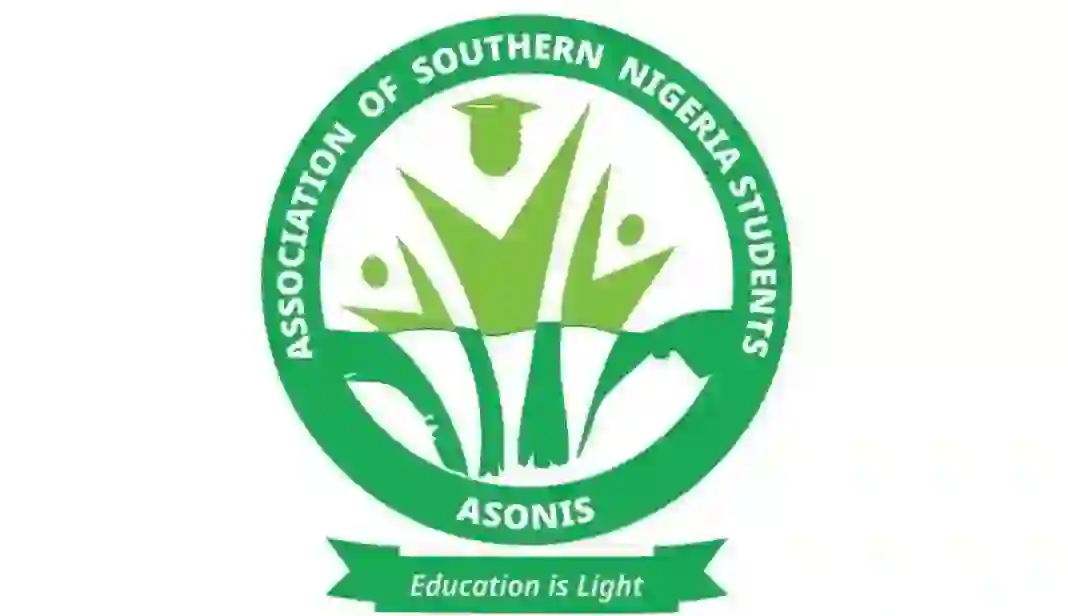The Association of Southern Nigerians Students, (ASONIS) has put forward proposals to reduce Students’ plight in the face of current high cost of living occasioned by hike in fuel price.
The students body called on states government and higher institutions in the zone to re-establish online education as a principal mode of instruction, particularly for non-laboratory-based courses.
This was contained in a statement signed by Taiwo Temitope,
President Elect and Megbowon Ezekiel, General Secretary Elect.
“This would immediately alleviate the financial strain imposed by transportation costs, while simultaneously leveraging technology to democratize access to education.
“To mitigate the steep rise in commuting costs, ASONIS advocates for the implementation of free or subsidized shuttle services for students.
“State Governments and tertiary institutions must collaborate to introduce a fleet of buses dedicated to transporting students to and from campuses at no or minimal cost.
“This initiative could be underwritten by targeted public-private partnerships (PPPs) and subsidies from Federal fuel tax revenues, pro bono publico.
“In line with the economic principle of lex talionis, wherein extreme financial hardship necessitates temporary relief measures, ASONIS calls for a reduction or temporary suspension of school fees.
“Such a move would offer immediate relief to students and families grappling with the current economic upheaval, especially those who are self-sponsored or depend on loans and grants.
“Drawing inspiration from the commendable efforts in Lagos and Ekiti States, we propose that higher institutions introduce work-from-home policies for non-essential campus staff.
“By reducing the presence of non-teaching personnel on campuses, institutions can curtail operational costs, allowing for budgetary reallocations towards student-focused initiatives.
“ASONIS proposes the establishment of ad hoc financial support programmes aimed at ameliorating the economic hardships faced by students.
“These hardship grants or bursary schemes could be administered by both state governments and individual institutions, ensuring that the most vulnerable students receive timely and targeted assistance.
“The economic ramifications of the PMS price hike are not transient but rather represent a structural shift in the Nigerian economy.
“ASONIS as such believes that a concerted and strategic response is required to safeguard the interests of southern Nigerian students.
“The recommendations outlined herein provide a roadmap for mitigating the deleterious effects of the price hike, ensuring that students can continue their education in a stable and supportive environment.
“We call on all stakeholders, including the Federal Government, State Governments, and Educational Institutions, to act swiftly and decisively.”
Discover more from The Source
Subscribe to get the latest posts sent to your email.








